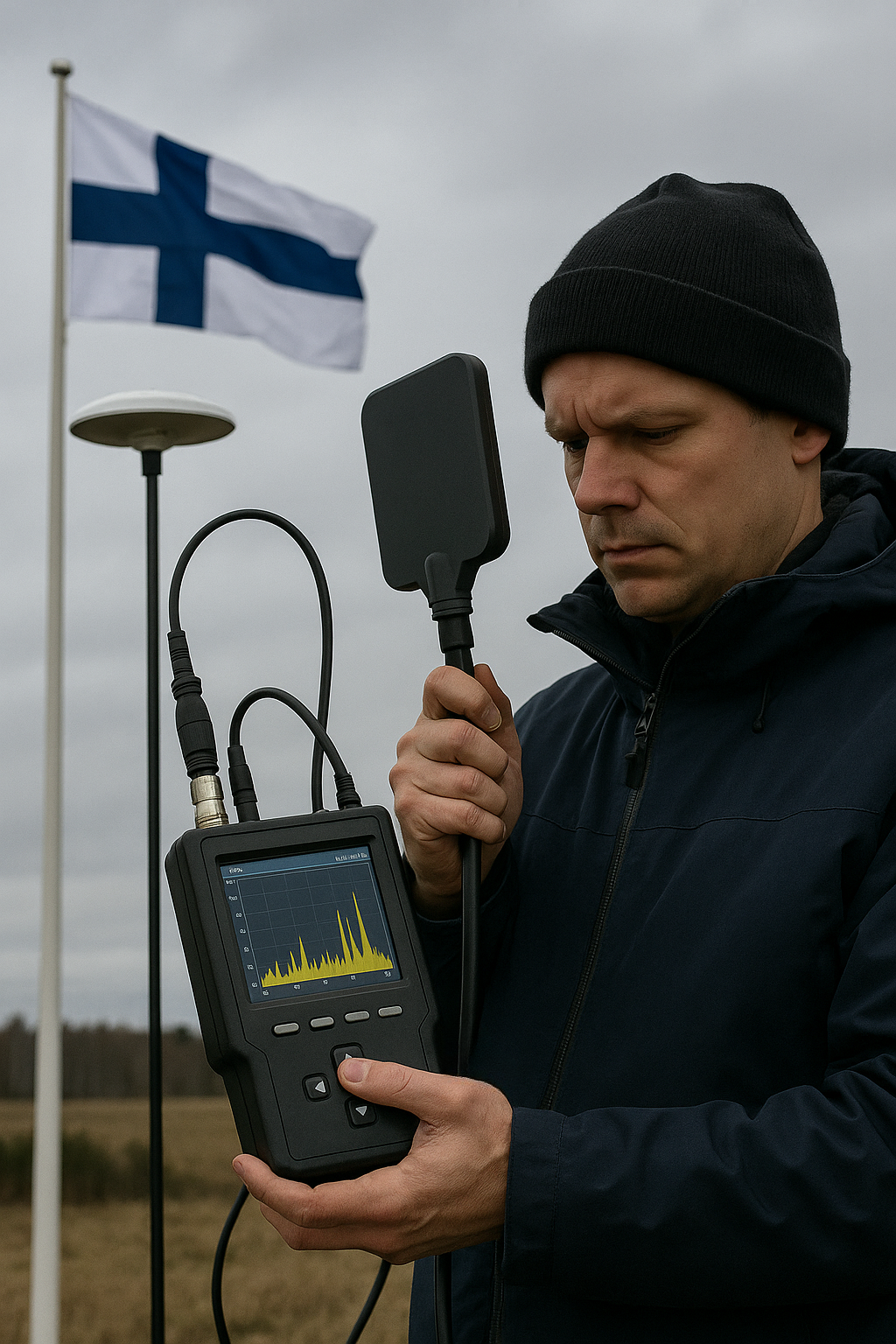Joint Work on Small Satellites Could Benefit Both Countries
Australia and South Korea are looking at ways to work more closely in space. A new report has found that this partnership can help both countries in big ways—like improving national security, helping the economy, and managing natural resources better. One of the first and easiest steps they could take together is building and using small satellites.
Small satellites are lightweight and weigh less than 100 kilograms. Even though they are small, they can do big jobs like taking pictures of the Earth, watching weather changes, or even helping with national defence. These small satellites can be made faster and cheaper than big ones. If Australia and South Korea build these together, they can share the cost, learn from each other, and create new jobs and skills in both countries.
These satellites can also help protect both countries. When used in a group—called a constellation—they can cover more ground and provide better images or data. This is helpful for South Korea as it wants to keep an eye on nearby threats, and Australia can use these satellites for Earth observation and defence too. Even though Australia recently stopped a big satellite program, the need for space-based information is still there. Working together on small satellites can fill this gap and help both countries keep up with fast-moving technology.
Navigation Systems Could Become More Accurate
Another way that Australia and South Korea can work together is through something called positioning, navigation, and timing—or PNT. This is the system that helps us use GPS. It guides planes, ships, and even helps mobile phones show maps correctly. South Korea is working on its own system called the Korean Position System (KPS) and another one called KASS to improve these services.
To make these systems better, South Korea needs ground stations—places on the Earth that can talk to satellites. Australia is a great place to put these stations because of its location. Japan has already built a ground station in Australia for its own system. If South Korea does the same, it would help its GPS-type services work more accurately, even in tough weather or faraway areas.
Australia already has a network called SouthPAN, which is also used by New Zealand. If South Korea builds new stations here, it will make both South Korea’s and Australia’s systems more reliable. Having more of these stations in Australia would also make it harder for anyone to disturb or block their signals. This would be an important step in keeping both countries safe and improving the tools used by industries like aviation, farming, and transport.
Launching Rockets Together Could Save Time and Money
Australia and South Korea have a big opportunity to work together on rocket launches. Right now, launching rockets is slow and costly due to complex rules, taxes, and permits. If both countries simplify these processes, launches could become quicker and cheaper.
Australia is ideal for launching rockets because it’s near the equator, giving rockets a boost from Earth’s spin. It’s also safer since rockets don’t fly over crowded areas. South Korea, in contrast, faces challenges due to nearby countries and limited space for safe rocket paths.
Some South Korean companies are already teaming up with Australian firms. One plans to launch from Queensland, another from Cape York. There’s even talk of South Korea building its own launch site in Australia, which could benefit both sides and bring jobs to local communities.
Beyond launches, both countries can share data on space debris to avoid collisions. Cooperation in space safety is just as important.
To move forward, governments and businesses need to collaborate—forming working groups, sharing technology, and setting common rules. Starting with small projects like joint satellite work and ground station sharing can lead to bigger missions in the future. Both nations are still new to space, making teamwork essential for growth.




